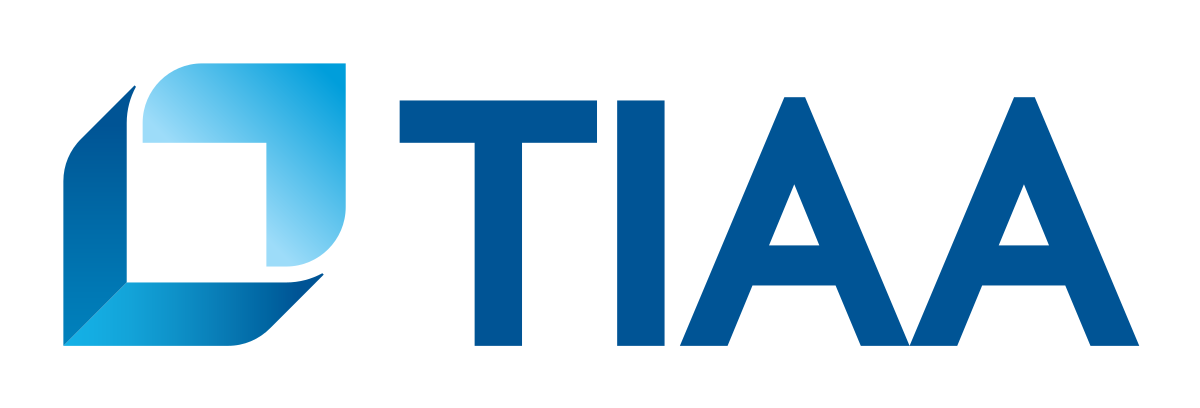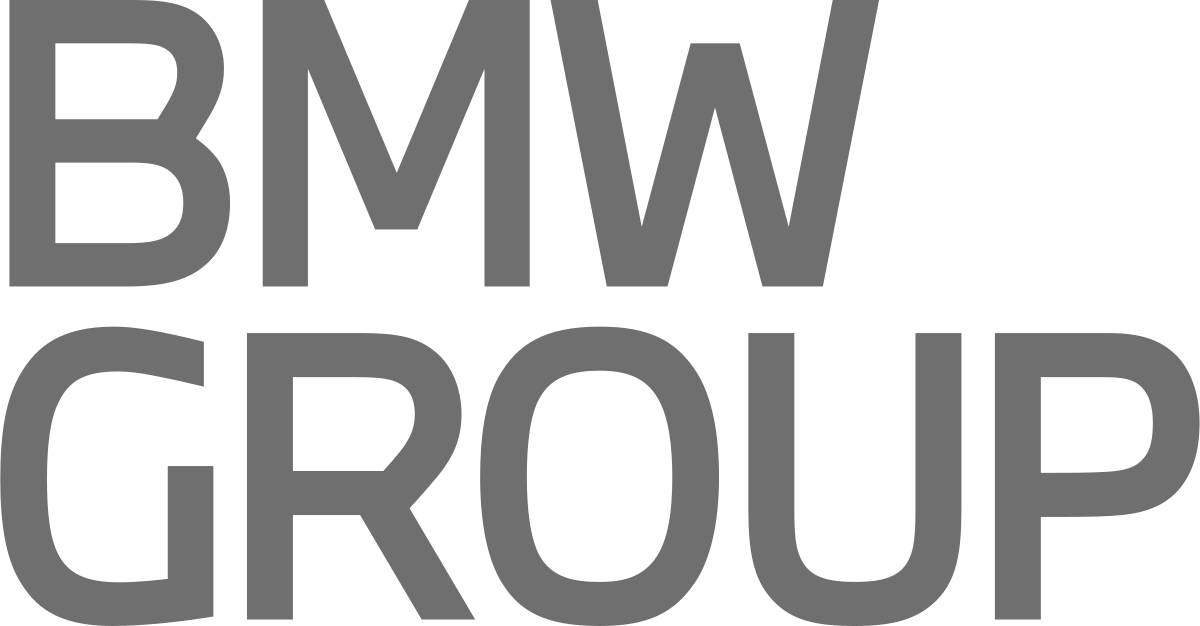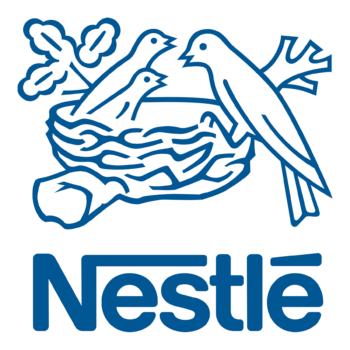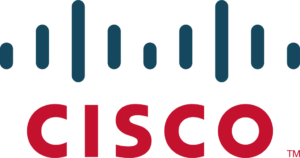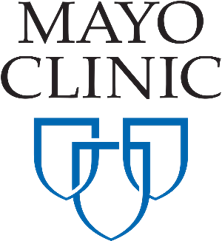Empowering AI with
Causal Reasoning
Empowering AI systems to reason about cause and effect enhances their ability to understand and intelligently interact with the world. Causal Reasoning is critical for robust, explainable and trustworthy AI systems that can positively transform enterprise decision-making.
Grounding GenAI with Causal Reasoning
By grounding LLMs with causal reasoning we enable enterprises to adopt trusted and explainable AI-powered decision-making.
Causal Reasoning enables AI to shape business outcomes
Causal AI enables you to shape outcomes by answering causal questions, reliably, quickly and at scale. Unlock business value by answering questions such as:
- How do you minimize customer churn?
- What is the optimum marketing mix?
- How do you reduce manufacturing downtime?
- How can you mitigate supply chain issues?
Businesses run on causal questions
decisionOS: Rapidly answer causal questions
We provide the most advanced Causal AI platform, enabling organizations to unlock the maximum value from their data by rapidly answering causal questions at the fraction of the cost compared to conventional data science approaches.
Combining innovative and unique cutting-edge techniques and the best open source ensures your business decision-making solutions can rapidly return value.
Transform decision-making in your enterprise with decisionOS.
10x faster time-to-value, 90% reduction in costs
- Discover – causality with next-gen human:machine collaboration
- Build – a causal model for your business
- Action – with Decision Intelligence Engines to answer “why” and “what-if” questions
- Deploy – actionable recommendations
decisionOS enables enterprises to accelerate the time to trusted, AI-powered decision workflows.
-
$15m
annual value unlocked through reduced downtime
Read case study -
17%
increase in client retention
Read case study -
10x ROI
from enhanced manufacturing processes
Read case study -
$19m
annualised savings for leading IT manufacturer
Read case study
The Causal AI Revolution is Happening
Watch here the presentations from leaders from BMW Group, Nestle, Mayo Clinic, AirBnB, Cisco, Bosch, Alstom, ScotiaBank, TotalEnergies and more at the annual Causal AI conference
Read more on the Causal AI Revolution here
What our customers say
The causaLens platform has empowered us to create powerful and beautiful decision applications that we rely on for critical decisions.
Gerald Mullaly, Director

Causal AI plays an important role in our investment analysis. It empowers out strategists and portfolio manager to generate alpha by identifying new causal relationships in economic, financial and alternative data, with sophisticated, adaptive and explainable models that don’t suffer from overfitting.
Michael Grady, Head of Investment Strategy & Chief Economist

Understanding the causal drivers behind demand is critical. causaLens enhances our supply chain visibility and empowers our domain experts to run powerful what-if analyses
Takashi Hiramatsu, Senior Manager, MLCC planning department
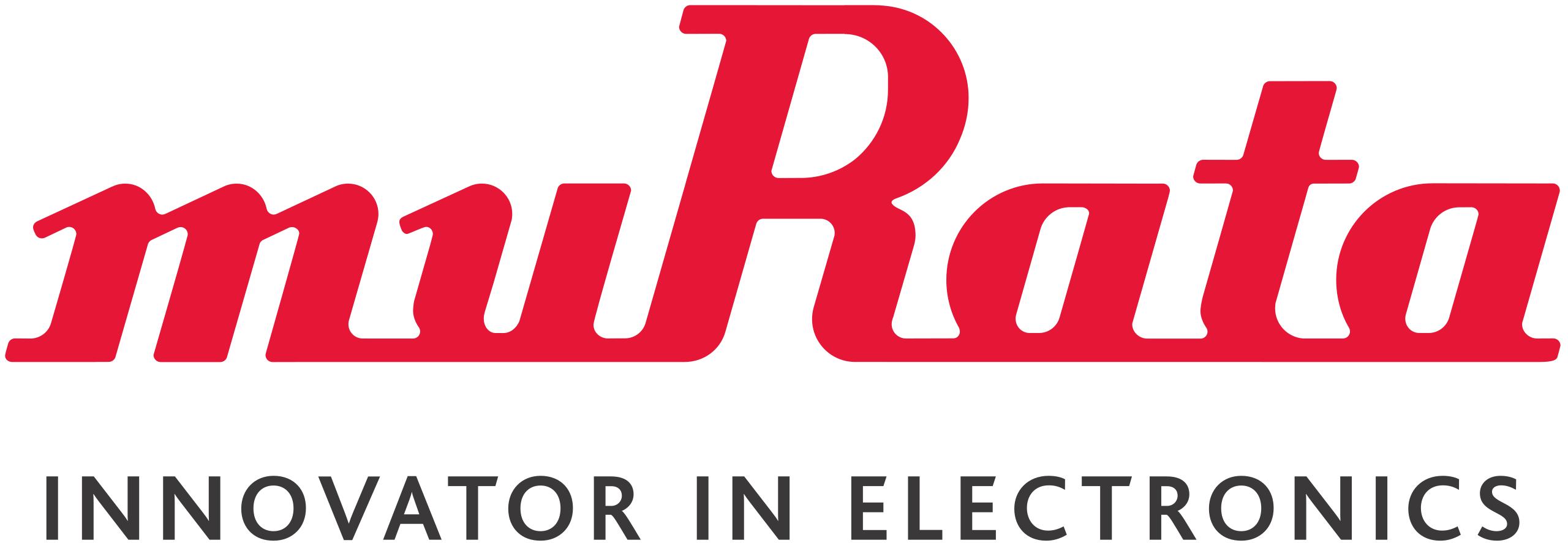
Ways to get started
Request a Free Trial
Discover the power of Causal AI by requesting a free trial of decisionOS.
Get startedTalk to Sales
Talk to our team, book a personalized demo and see AI decision-making in action.
Get startedResources
Read our white papers, case studies, and research to gain new understanding in the world of causality.
Get started
